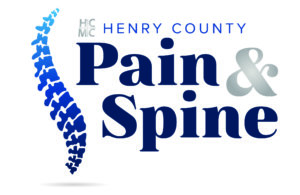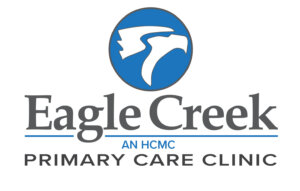
Cardiovascular disease is the number one cause of death for both men and women in the United States, claiming approximately one million lives annually. More people die from heart disease than all forms of cancer combined. One out of four deaths in the United States is due to heart disease.
February is heart health month, which makes it a great time for everyone to focus on improving heart health. Although some heart disease risk factors like family history can’t be controlled, there are simple lifestyle changes you can make to improve your heart health.
Conditions that lead to heart disease may begin early in life, but there are many steps you can take to protect your heart health. Start by knowing your risk factors. Some, like family history or being over 45, are beyond your control, but there are risk factors that you can do something about. Nearly half of all Americans have at least one of these three risk factors: high blood pressure, high cholesterol, and smoking.
Other medical conditions and lifestyle choices can also put people at a higher risk for heart disease. These include diabetes, obesity, physical inactivity, eating an unhealthy diet and excessive alcohol use.
A healthy diet is one of the best ways to avoid heart disease. Your heart and overall health will benefit if you follow these nutritional guidelines:
- Include a variety of fruits and vegetables
- Eat fiber-rich whole grains
- Choose low-fat dairy products
- Eat lean meats and at least two servings per week of fish high in omega-3 fatty acids (salmon, trout, herring)
- Limit sodium to less than 1,500 mg a day
- Watch fat and sugar intake
- Drink alcohol only in moderation
- Watch portion sizes
Maintaining a healthy weight and regular exercise also helps to avoid heart disease. A regular exercise program helps to decrease your resting heart rate and boost good cholesterol. Try to get 30 minutes of exercise a day. Walking is a great way to get started, because it’s easy to do, inexpensive and available everywhere with no gear required. Small changes in exercise can have a big impact on cardiac wellness.
Your risk of heart disease and stroke lowers if you reach and maintain a healthy weight. Discuss your weight with your healthcare provider to make sure you are in the healthy range and determine which steps you can take to lose weight if you need to.
Making sure you get a good night’s sleep (at least seven hours per night) is another small step with big payoffs for heart health. Not getting enough sleep puts you at a higher risk for heart disease.
Keep stress in check by taking time each day to relax and unwind. Get help if you have trouble coping because of depression, anxiety, or other health problems. If you smoke, stop as soon as possible. A lot of the damage that has been done to your body can be reversed within a few years of quitting smoking.
Be sure to follow up with you provider at least yearly to get a physical including checking your blood pressure and cholesterol levels, two big risk factors for heart disease.
Be alert for warning signs of heart disease. Chest pain is the most common symptom of a heart attack for men and women, but women often describe the sensation as pressure, tightness or an ache. Research also shows that less typical heart attack symptoms like back pain, nausea or fatigue are more common for women.
If you experience any of the following symptoms you should seek medical care immediately:
- Uncomfortable pressure, squeezing, fullness or pain in the center of your chest
- Pain or discomfort in one or both arms, back, neck, jaw, stomach, or shoulder
- Shortness of breath (with or without chest discomfort)
- Breaking out in a cold sweat, nausea or lightheadedness
Faster treatment means less damage to the heart muscle and better odds of a full recovery.
For more information about heart health, visit the Henry County Medical Center website at hcmc-tn.org. Be sure to watch for our Facebook Live featuring Bella Bee having a carotid artery screening on our FB Page: https://fb.me/e/1cUSg1sd0! You can also watch a great video on Heart Healthy Eating from our Feb. 21 “You’re the One in 2021” seminar series here: https://youtu.be/wDjQ9USJntU










